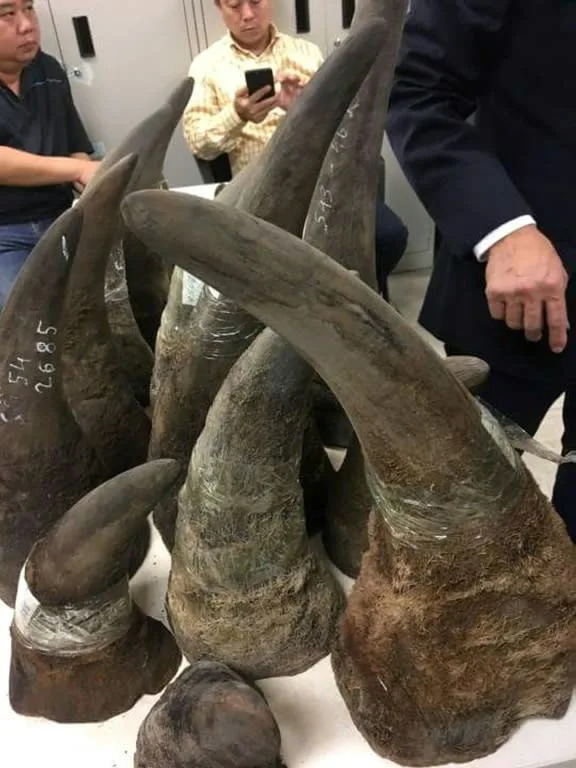A rescuer walks past a house buried in the ash following the eruption of Mount Semeru in Lumajang district, East Java province, Indonesia, Sunday, Dec. 5, 2021. (AP Photo/Trisnadi)
Agoes Basoeki
The Associated Press
Tuesday, December 7, 2021
LUMAJANG, INDONESIA -- Indonesia's president on Tuesday visited areas devastated by a powerful volcanic eruption that killed at least 22 people and left thousands homeless, and vowed that communities would be quickly rebuilt.
Clouds of hot ash shot high into the sky and an avalanche of lava and searing gas swept as far as 11 kilometres (7 miles) down Mount Semeru's slopes in a sudden eruption Saturday triggered by heavy rain. Villages and towns were blanketed by tons of volcanic debris.
President Joko Widodo visited eruption-hit areas in Lumajang district in East Java province to reassure people that the government's response is reaching those in need.
Related Stories
27 still missing after Indonesia volcanic eruption kills 22
After visiting survivors in shelters on a soccer field, he pledged to rebuild infrastructure, including the main bridge connecting Lumajang to other cities, and move more than 2,000 houses out of danger zones.
Officials earlier said residents of the hardest-hit villages will be relocated within the next six months, and each family waiting for a new house will be provided 500,000 rupiah (US$34.50) per month in compensation.
National Disaster Mitigation Agency spokesperson Abdul Muhari said 56 people were hospitalized after the eruption, mostly with burns. He said rescuers are still searching for 27 villagers reported missing. Nearly 3,000 houses and 38 schools were damaged, he said.
Cargo planes carrying food, tents, blankets and other supplies landed Tuesday for distribution in temporary shelters.
The eruption of the 3,676-metre (12,060-foot) mountain eased pressure that had been building under a lava dome in its crater. But experts warned that the dome could further collapse, causing an avalanche of blistering gas and debris trapped beneath it.
Relief workers struggled Tuesday to clear tons of volcanic debris, and focused on three locations in the worst-hit village of Sumberwuluh, where people are still believed trapped in houses that were buried to their rooftops, said Wayan Suyatna, who heads the local search and rescue agency.
"The volcanic ash deposits are still at high temperatures, and the deeper we dig the hotter it gets," Suyatna said.
Semeru, also known as Mahameru, has erupted many times in the last 200 years. Still, as on many of the 129 volcanoes monitored in Indonesia, tens of thousands of people live on its fertile slopes. It last erupted in January, with no casualties.
Indonesia, an archipelago of more than 270 million people, is prone to earthquakes and volcanic activity because it sits along the Pacific "Ring of Fire," a horseshoe-shaped series of fault lines.
Associated Press writer Niniek Karmini in Jakarta, Indonesia, contributed to this report.
LUMAJANG, INDONESIA -- Indonesia's president on Tuesday visited areas devastated by a powerful volcanic eruption that killed at least 22 people and left thousands homeless, and vowed that communities would be quickly rebuilt.
Clouds of hot ash shot high into the sky and an avalanche of lava and searing gas swept as far as 11 kilometres (7 miles) down Mount Semeru's slopes in a sudden eruption Saturday triggered by heavy rain. Villages and towns were blanketed by tons of volcanic debris.
President Joko Widodo visited eruption-hit areas in Lumajang district in East Java province to reassure people that the government's response is reaching those in need.
Related Stories
27 still missing after Indonesia volcanic eruption kills 22
After visiting survivors in shelters on a soccer field, he pledged to rebuild infrastructure, including the main bridge connecting Lumajang to other cities, and move more than 2,000 houses out of danger zones.
Officials earlier said residents of the hardest-hit villages will be relocated within the next six months, and each family waiting for a new house will be provided 500,000 rupiah (US$34.50) per month in compensation.
National Disaster Mitigation Agency spokesperson Abdul Muhari said 56 people were hospitalized after the eruption, mostly with burns. He said rescuers are still searching for 27 villagers reported missing. Nearly 3,000 houses and 38 schools were damaged, he said.
Cargo planes carrying food, tents, blankets and other supplies landed Tuesday for distribution in temporary shelters.
The eruption of the 3,676-metre (12,060-foot) mountain eased pressure that had been building under a lava dome in its crater. But experts warned that the dome could further collapse, causing an avalanche of blistering gas and debris trapped beneath it.
Relief workers struggled Tuesday to clear tons of volcanic debris, and focused on three locations in the worst-hit village of Sumberwuluh, where people are still believed trapped in houses that were buried to their rooftops, said Wayan Suyatna, who heads the local search and rescue agency.
"The volcanic ash deposits are still at high temperatures, and the deeper we dig the hotter it gets," Suyatna said.
Semeru, also known as Mahameru, has erupted many times in the last 200 years. Still, as on many of the 129 volcanoes monitored in Indonesia, tens of thousands of people live on its fertile slopes. It last erupted in January, with no casualties.
Indonesia, an archipelago of more than 270 million people, is prone to earthquakes and volcanic activity because it sits along the Pacific "Ring of Fire," a horseshoe-shaped series of fault lines.
Associated Press writer Niniek Karmini in Jakarta, Indonesia, contributed to this report.



















